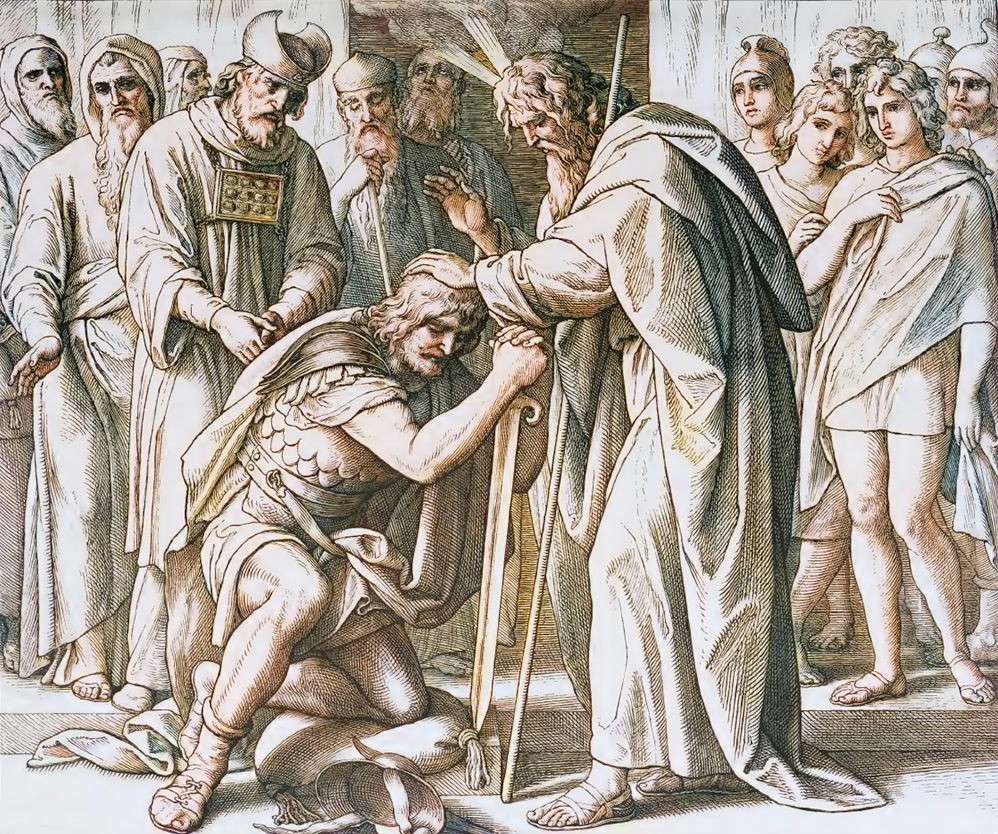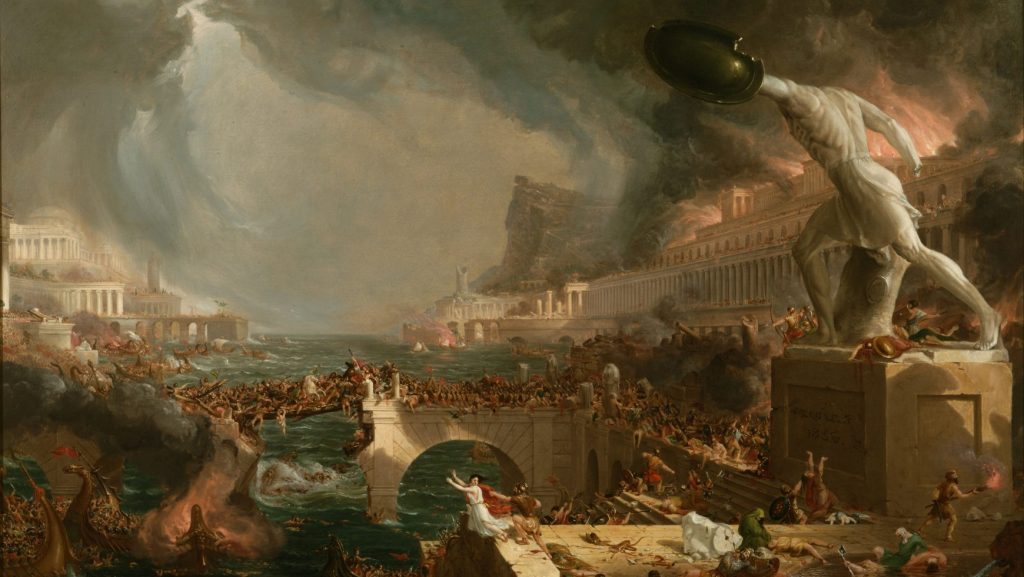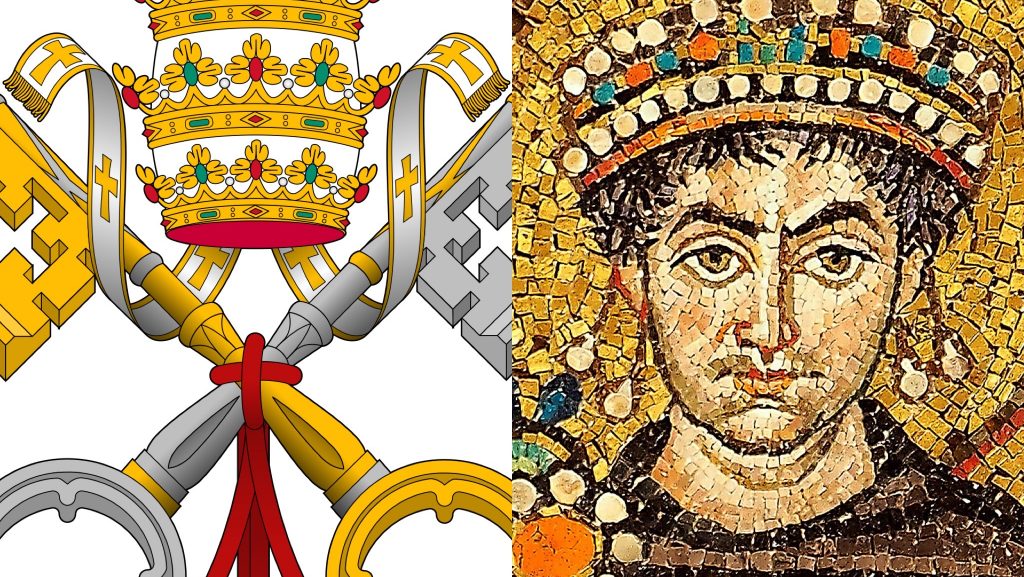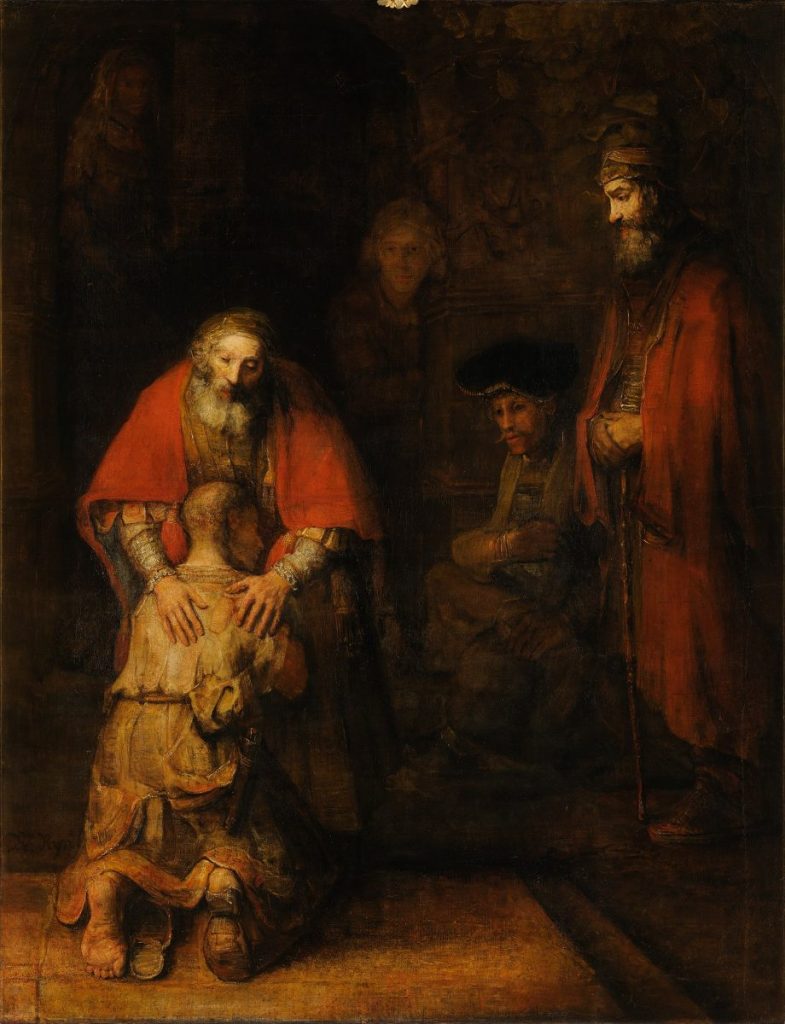(Updated July 16, 2025)
This Author Quote Archive collects pertinent quotes from the the Pagan historian, Ammianus Marcellinus.
Next to each quote are the Topic Quote Archives in which they are included.
This Quote Archive is being continuously updated as research continues. Quotes marked with “***” have not yet been organized into their respective Topic Quote Archives.
Books
Ammianus Marcellinus, Res Gestae (“Things Done”) (late 380s)
- The Papacy and the Invincibility of the Church | Book 15, Ch. 7
- Pagan Attempt to Rebuild the Jerusalem Temple Thwarted | Book 23
(Book 15, Ch. 7)1
During Leontius’s administration [as prefect of Rome] Liberius [the Pope] the Christian bishop was summoned to appear before the imperial tribunal; his offense was resistance to the orders of the emperor and the decision of a majority of his brother bishops in a matter on which I will briefly touch. Athanasius, then bishop of Alexandria, who was persistently rumored to have thoughts above his station and to be prying into matters outside his province, had been deposed from his office by an assembly of the adherents of the same faith, meeting as what they call a synod. It was alleged that, being deeply versed in the interpretation of oracular sayings and of the flight of birds, he had on several occasions foretold the future events; he was also charged with other practices inconsistent with the principles of the faith of which he was a guardian. Liberius shared the views of his brethren, but when he was ordered by the emperor to sign the decree removing Athanasius from his priestly office he obstinately refused; he declared that it was entirely wrong to condemn a man unseen and unheard, and openly defied the emperor’s wishes. Constantius, who was always hostile to Athanasius, knew that the sentence had been carried out, but was extremely eager to have it confirmed by the higher authority of the bishop of the Eternal City. Failing in this object, he just managed to have Liberius deported under cover of night. This was a matter of great difficulty because of the strong affection in which he was held by the public at large.
(Book 23)2
His [Julian the Apostate’s] desire to leave a monument to perpetuate the memory of his reign led him to think in particular of restoring at enormous expense the once magnificent temple at Jerusalem, which, after much bitter fighting during its siege first by Vespasian and then by Titus, had finally been stormed with great difficulty. Alypius of Antioch, who had once governed Britain as the praetorian prefects’ deputy, was placed in charge of this project. He set to work boldly, assisted by the governor of the province, but repeated and alarming outbursts of fire-balls near the foundations made it impossible to approach the spot. Some of the workmen were burnt to death, and the obstinate resistance of the fiery element caused the design to be abandoned.








